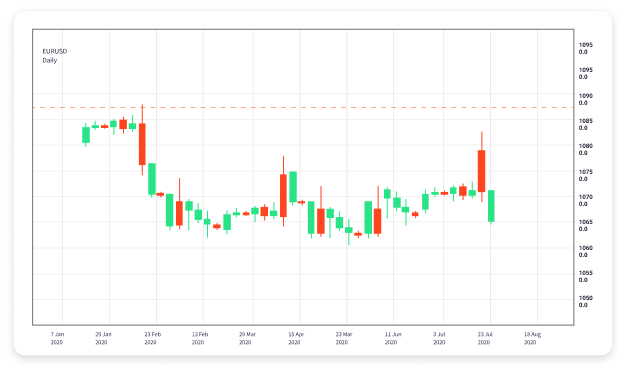Beginner’s Guide to Forex Trading Your Path to Success 1779951032

Beginner’s Guide to Forex Trading: Your Path to Success
Forex trading can seem daunting for beginners, but with the right knowledge and resources, you can find your footing in this dynamic market. Whether you are looking to supplement your income or dive into trading full-time, understanding the basics is essential. This guide provides an overview of Forex trading fundamentals, strategies, and how to find reputable brokers, such as those found at beginner forex trading Trading Brokers in Vietnam.
What is Forex Trading?
Forex, short for foreign exchange, involves buying and selling currencies in pairs. For instance, if you trade the EUR/USD pair, you are betting on the value of the Euro against the US Dollar. Forex trading takes place 24 hours a day, five days a week, allowing traders to participate at virtually any time that suits them.
Understanding Currency Pairs
In Forex trading, currencies are quoted in pairs. Each pair consists of two currencies: the base currency (the first one) and the quote currency (the second one). The value of the pair indicates how much of the quote currency is needed to buy one unit of the base currency. For example, if the EUR/USD pair stands at 1.2000, it means 1 Euro is worth 1.20 US Dollars.
Types of Forex Markets
There are three primary types of Forex markets:
- Spot Market: The most straightforward market where currencies are bought and sold for immediate delivery.
- Forward Market: Agreements to buy or sell currencies at a future date at predetermined rates.
- Futures Market: Similar to forward contracts, but standardized and traded on exchanges.
Leverage and Margin
Leverage is a crucial concept in Forex trading that allows traders to control a larger position with a smaller amount of capital. Leverage ratios can be as high as 100:1 or more, meaning that for every dollar you invest, you can control 100 dollars in the market. However, while leverage can amplify profits, it can also increase the risk of substantial losses.
Developing a Trading Strategy
Successful Forex trading requires a solid strategy. Here are some common strategies used by traders:
- Day Trading: Involves buying and selling currencies within the same trading day.
- Swing Trading: Captures price swings over days or weeks.
- Scalping: Aims to profit from small price changes over short periods.
Consider factors like your risk tolerance and the amount of time you can dedicate to trading when choosing a strategy.

Technical and Fundamental Analysis
There are two primary methods of analysis in Forex trading:
- Technical Analysis: Involves analyzing price charts and using various indicators to predict future movements based on historical price data.
- Fundamental Analysis: Focuses on economic indicators, news releases, and geopolitical events to assess currency value.
Many successful traders use a combination of both methods to inform their trading decisions.
Finding a Reputable Broker
Choosing the right broker is a critical step for any Forex trader. Look for brokers that offer competitive spreads, reliable platforms, and strong customer support. Also, ensure they are properly regulated in your region to ensure a secure trading environment.
Risk Management in Forex Trading
Implementing proper risk management techniques is crucial in Forex trading. Here are some essential tips:
- Use Stop-Loss Orders: These automatically close your position at a predetermined price, limiting potential losses.
- Only Risk What You Can Afford to Lose: Establish a clear trading budget and stick to it.
- Diversify Your Trades: Avoid putting all your capital into one trade by spreading your investments across multiple currency pairs.
Using a Demo Account
Before you start trading with real money, it is advisable to practice on a demo account. Most brokers offer these accounts, which simulate real trading environments without financial risk. Use this opportunity to familiarize yourself with the trading platform and test your strategies.
Continuous Learning and Adaptation
Forex trading is an ongoing learning process. Stay updated on market trends, economic events, and new trading strategies. Participate in webinars, read trading blogs, and join forums to expand your knowledge.
Conclusion
Forex trading can be rewarding and challenging, especially for beginners. Equip yourself with knowledge, a sound trading strategy, and proper risk management practices. As you embark on your Forex trading journey, remember that success doesn’t happen overnight, and continuous learning will be your best ally.